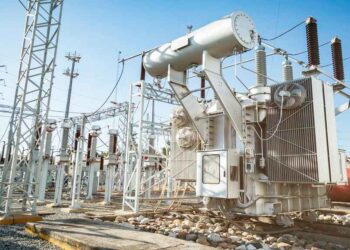On June 30 2024, two important deadlines passed. Member States were required to submit their updated National Energy and Climate Plans- NECPs to the European Commission, and Governments had to implement the permitting provisions under the new Renewable Energy Directive- REDIII. Member States are currently behind schedule on both of these fronts and need to take urgent action to avoid risking the EU’s 2030 energy and climate targets.
All 27 Member States were expected to submit the final versions of their National Energy and Climate Plans- NECPs on June 30. This followed the review of their draft plans by the European Commission. These plans outline each country’s strategies to meet the EU’s 42.5% renewable energy target by 2030, covering areas such as electrification, permitting, research, innovation, and more. However, only six countries- Finland, Sweden, Denmark, Italy, France, and the Netherlands have completed this requirement, which is insufficient.
The NECPs play a crucial role in the deployment of renewables, as Member States with ambitious and credible plans are more likely to attract investments. Without visibility on future investments and clear national strategies, the EU’s 2030 energy security and climate targets are at risk. It is imperative that countries submit their plans as soon as possible.
Member States need to fully use the concept of “overriding public interest” as it pertains to permitting, which remains a significant bottleneck for the construction of new wind farms. By the end of last month, Member States were also required to implement the permitting provisions under the new Renewable Energy Directive (REDIII). Only a few countries, like Germany and Portugal, have actually put this into practice.
Germany has been particularly efficient in simplifying its permitting procedures and applying the concept of overriding public interest. This has led to significant results, including the issuance of 7.5 GW of new onshore wind permits in 2023, up from 4.2 GW in 2022 and even less in the years prior to 2021. In the first quarter of 2024, Germany had already awarded permits for another 2.6 GW of new onshore wind projects. The concept of overriding public interest has successfully removed legal barriers for certain projects and has made it easier for judges and permitting agents to support new wind energy projects while considering different public interests.
The increase in new permits has had a direct impact on auctions, with the most recent German auction awarding 2.5 GW of wind projects. As a result, Germany is hopeful that they could award up to 10 GW of new onshore capacity in 2024.
Guy Willems, Advisor Environment & Community Engagement at WindEurope, mentioned that most national Governments haven’t acted quickly enough. While permitting is improving in some countries, overall permitting volumes across the EU still fall short of what is needed to achieve the EU energy security and climate targets. He added that Governments need to quickly implement the excellent new REDIII rules, particularly the concept of overriding public interest, as it is one of the most effective tools available. He pointed out that the German example illustrates what is achievable and that other Governments need to follow suit and make full use of the concept of overriding public interest.







































